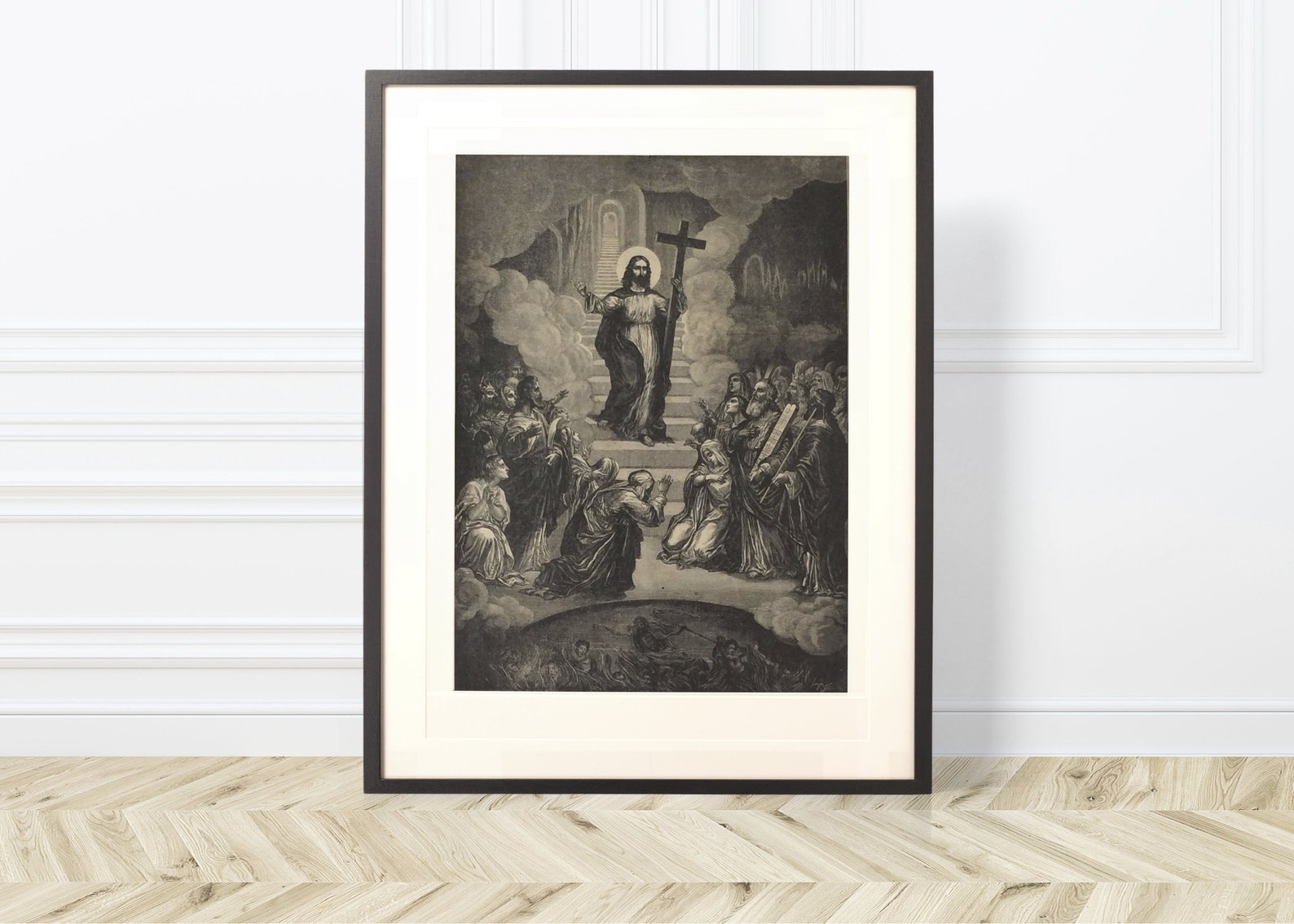

#Limbo purgatory full
If full expiation occurs before the general judgment, the soul is released from purgatory and goes to heaven.įundamentalists note that biblical references to the judgment refer only to heaven and hell. Augustine said, in, that "temporary punishments are suffered by some in this life only, by others after death, by others both now and then but all of them before that last and strictest judgment." It is between the particular and general judgments, then, that the soul expiates its sins: "I tell you, you will not get out till you have paid the very last penny" (Luke 12:59). At the end of time, though, when the last people have died, there will come the general judgment which the Bible refers to. We know at once what our final destiny will be. We are judged instantly and receive our reward, for good or ill.

When we die, we undergo what is called the particular, or individual, judgment. Everyone who enters it will get to heaven, and, after the last soul leaves purgatory for heaven, purgatory will cease to exist. At death one's soul goes to heaven, if it is completely fit for heaven to purgatory, if it is not quite fit for heaven, but not worthy of condemnation or to hell, if it is completely unfit for heaven. In purgatory all remaining love of self is transformed into love of God. Purgatory is a state of purification, where the soul which has fully repented of its sins, but which has not fully expiated them, has removed from itself the last elements of uncleanliness. In fact, as he may have known, there is considerable scriptural warrant for it, even if the doctrine is not explicitly set out in the Bible. "Why, Sir, if it be at once established that there are souls in purgatory, it is as proper to pray for them, as for our brethren of mankind who are yet in this life."Īlthough Johnson was no "Catholick," he recognized that the doctrine of purgatory is not at odds with other tenets of Christianity. "But then, Sir, their Masses for the dead?" You see, Sir, there is nothing unreasonable in this." They are of the opinion that the generality of mankind are neither so obstinately wicked as to deserve everlasting punishment, nor so good as to merit being admitted into the society of blessed spirits and therefore that God is graciously pleased to allow a middle state, where they may be purified by certain degrees of suffering. "Why, Sir, it is a very harmless doctrine.

"What do you think, Sir, of purgatory, as believed by the Roman Catholicks?" In 1769 James Boswell had this exchange with Samuel Johnson: As a sample, we have selected the chapter on purgatory. Then the Catholic teaching on each major issue in disputefrom infant baptism to inspiration, from the papacy to penance, from saints to salvationis demonstrated from Scripture, the writings of the earliest Christians, and common sense. Anti-Catholic challenges are presented in the words of the challengers themselves. This is the only full-length treatment of the issues arising between Catholics and Fundamentalists (and also Evangelicals).


 0 kommentar(er)
0 kommentar(er)
